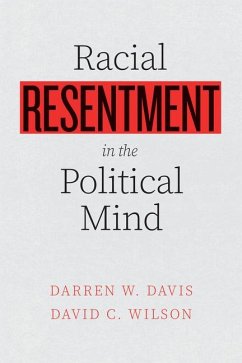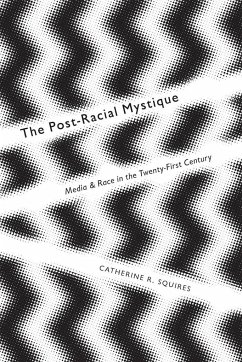
The Racial Order

PAYBACK Punkte
21 °P sammeln!
Proceeding from the bold and provocative claim that there never has been a comprehensive and systematic theory of race, the authors set out to reformulate how we think about one of the most vexing and central aspects of American life.













